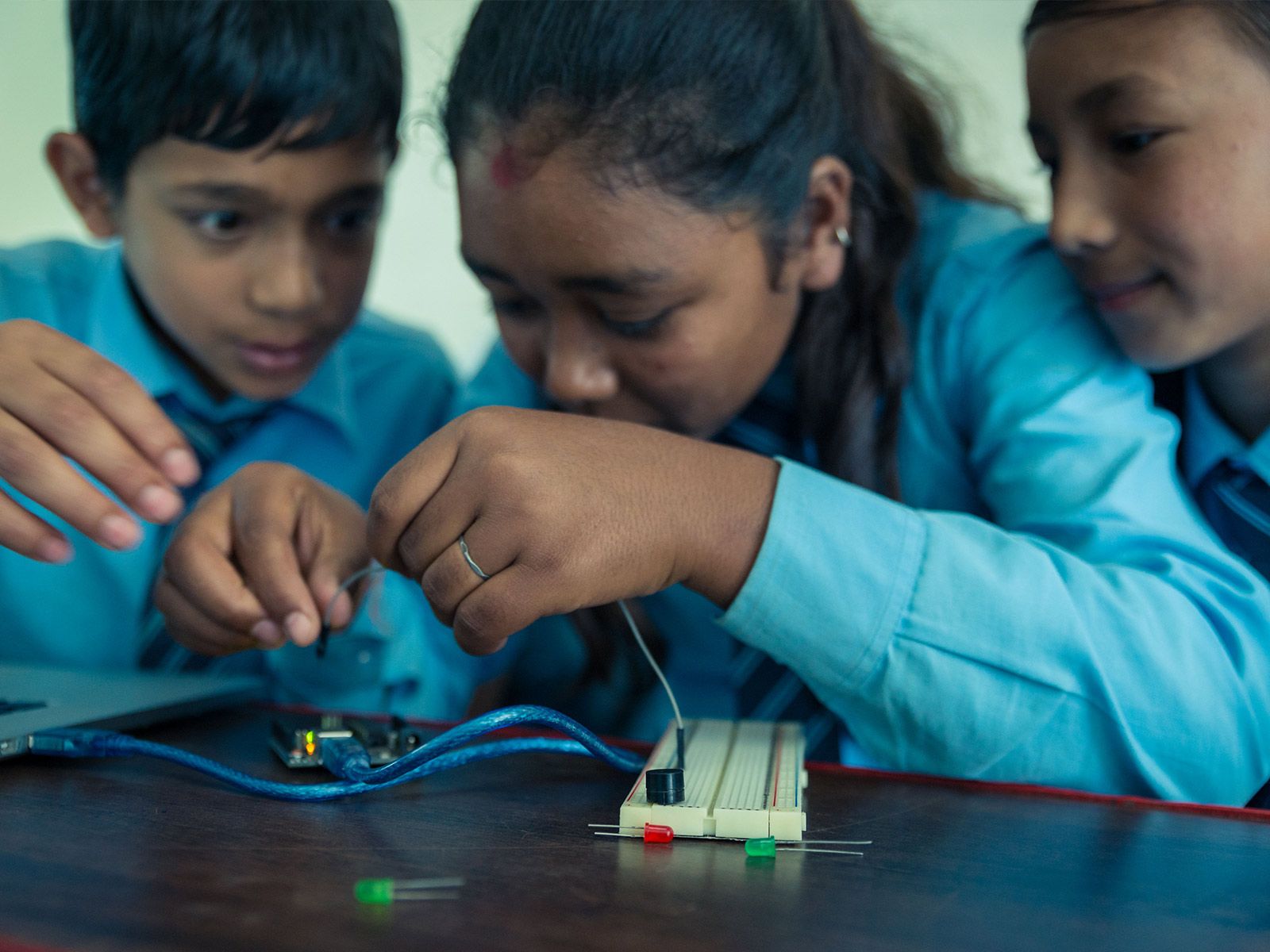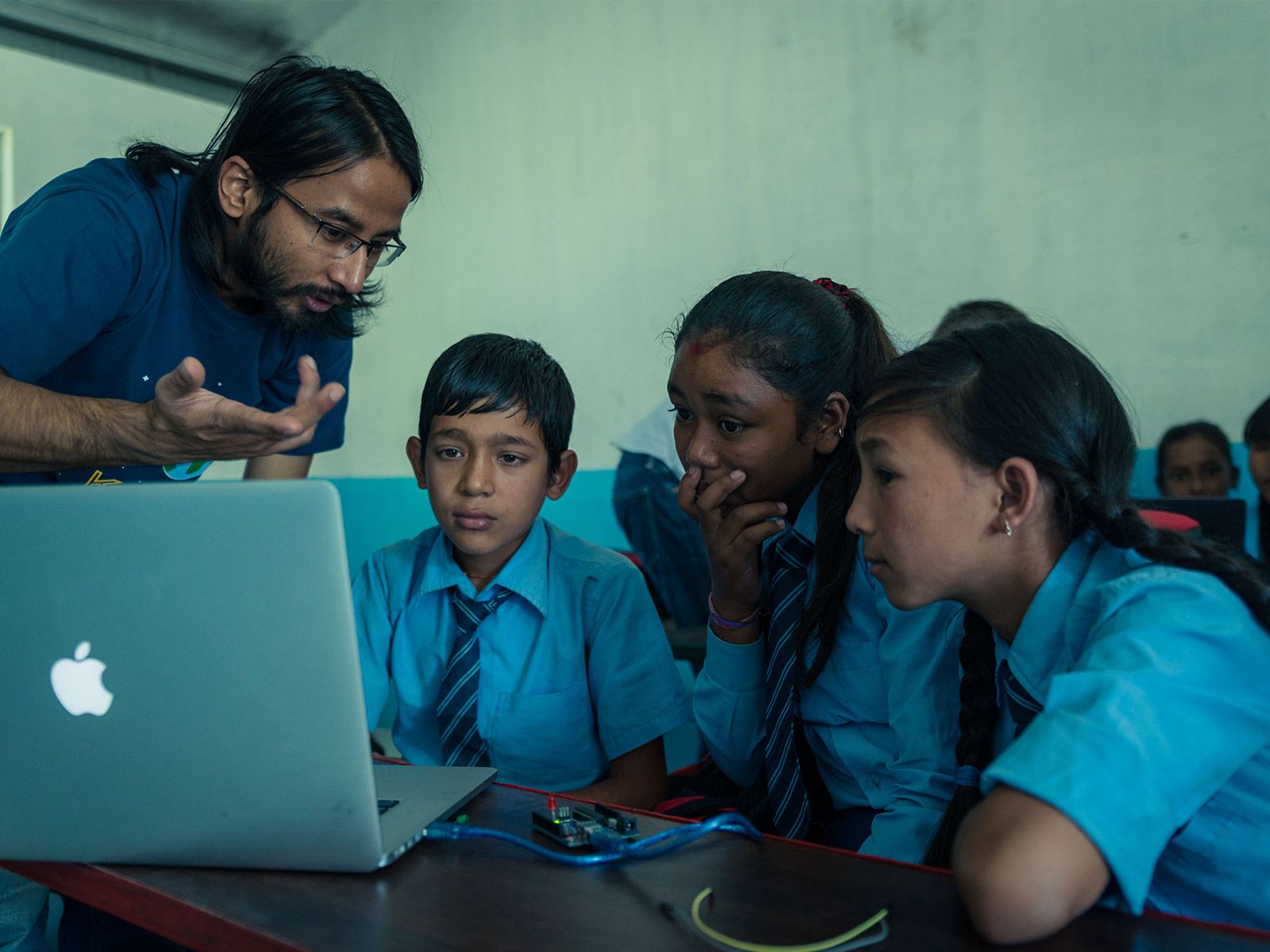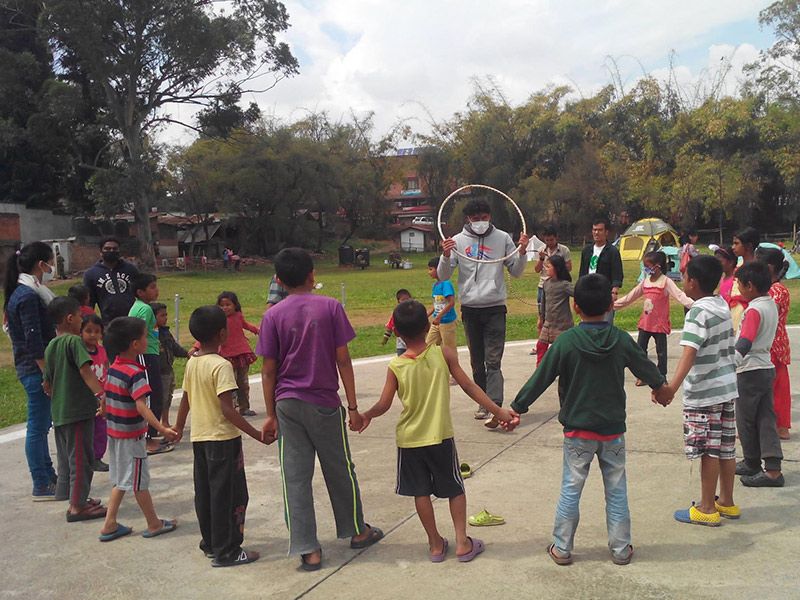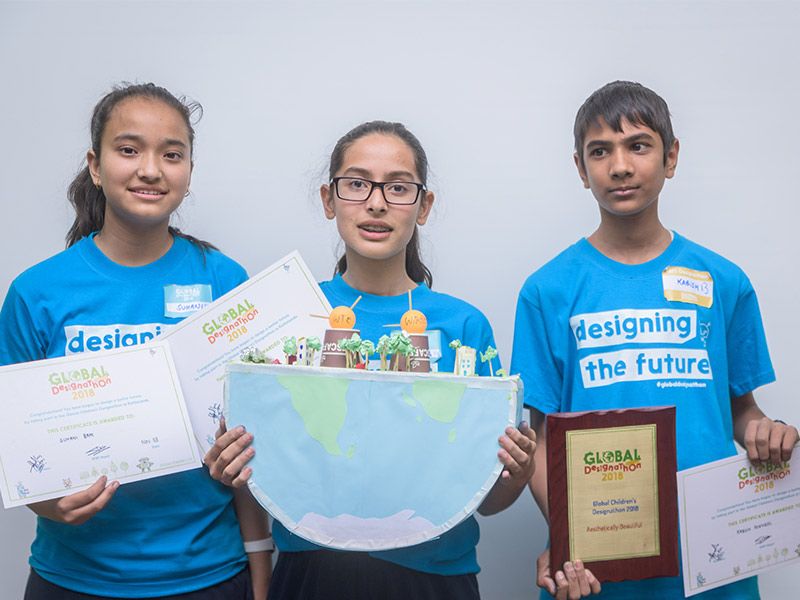Nurturing a spirit of innovating locally
to make a global impact
Karkhana Samuha is a Nepal focused non-profit organization that empowers people with the skills and attitude to help build their own future and the future of the community.

Nurturing a spirit of innovating locally
to make a global impact
Karkhana Samuha is a Nepal focused non-profit organization that empowers people with the skills and attitude to help build their own future and the future of the community.
What we do
We use design thinking and results-based management approaches to work under five broad areas (IDEaS) – Innovative and Inclusive Education, Digital Transformation, Education in Emergencies and Sustainability and Adaptation.

Innovative and Inclusive Education
We work to ensure inclusive and equitable quality education through innovation. We believe that innovation in education is more than introducing new technology in learning, it’s about designing situated learning experiences that enable students to not only solve problems but express themselves.

Digital Transformation
We enable Nepali people to use technology responsibly to learn, create and participate in the digital world, and help them become good digital citizens. We create contextual resources that help people adapt digital tools and content while also making sure of its responsible use.

Education in Emergencies
We support and strengthen educational institutions and systems in times of emergencies ensuring that people continue to have access to quality learning experiences during times of crisis. We focus on building a capable and resilient education system to reduce negative impacts of emergencies on student learning.

Sustainability and Climate Adaptation
We understand that for future generations to get access to the resources this planet has to offer requires the current generation to adapt to sustainable and environment friendly practices. We engage with local and international experts in contextualizing climate actions to fit the local narrative in Nepal.
Our Approach
Co-creation
Karkhana Samuha (KS) practices participatory decision making and co-designing by bringing together partners, collaborators and end users. KS uses Design Thinking (DT) and Human Centered Design (HCD) as its core project design and management methodology.
Adaptive Management
KS uses the Result Based Management (RBM) approach to define project impacts, outcomes, outputs and corresponding indicators such that there are clear linkages enabling a process for the effective and efficient allocation of project resources.
Policy Coordination
Karkhana Samuha (KS) and it’s leadership are deeply engaged with shaping and providing input into policy in the education and innovation spaces. Our team members have served as experts on several Ministry of Education, Science, and Technology (MoEST) constituted committees.




